9.2!全網爆哭的Netflix最新神劇:《我是遺物整理師》
滬江英語 2021-06-06 08:00

Netflix出品的韓劇《Move to Heaven》一路沖上豆瓣“一周全球口碑劇集榜”第二,評分高達9.2,這是一部什么樣的劇呢?
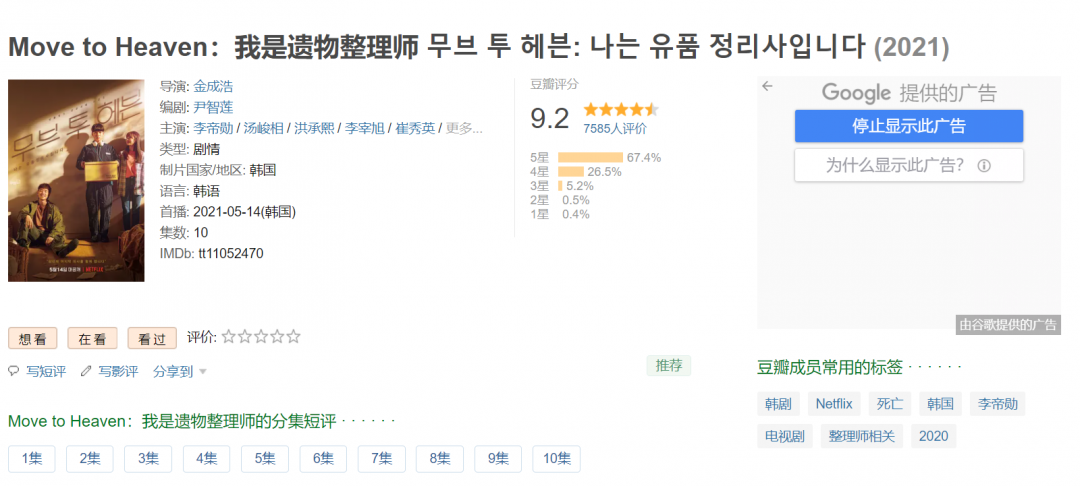
這部看標題很日劇其實很韓劇的《遺物整理師》,如其名,是一個個圍繞死亡開展的故事。
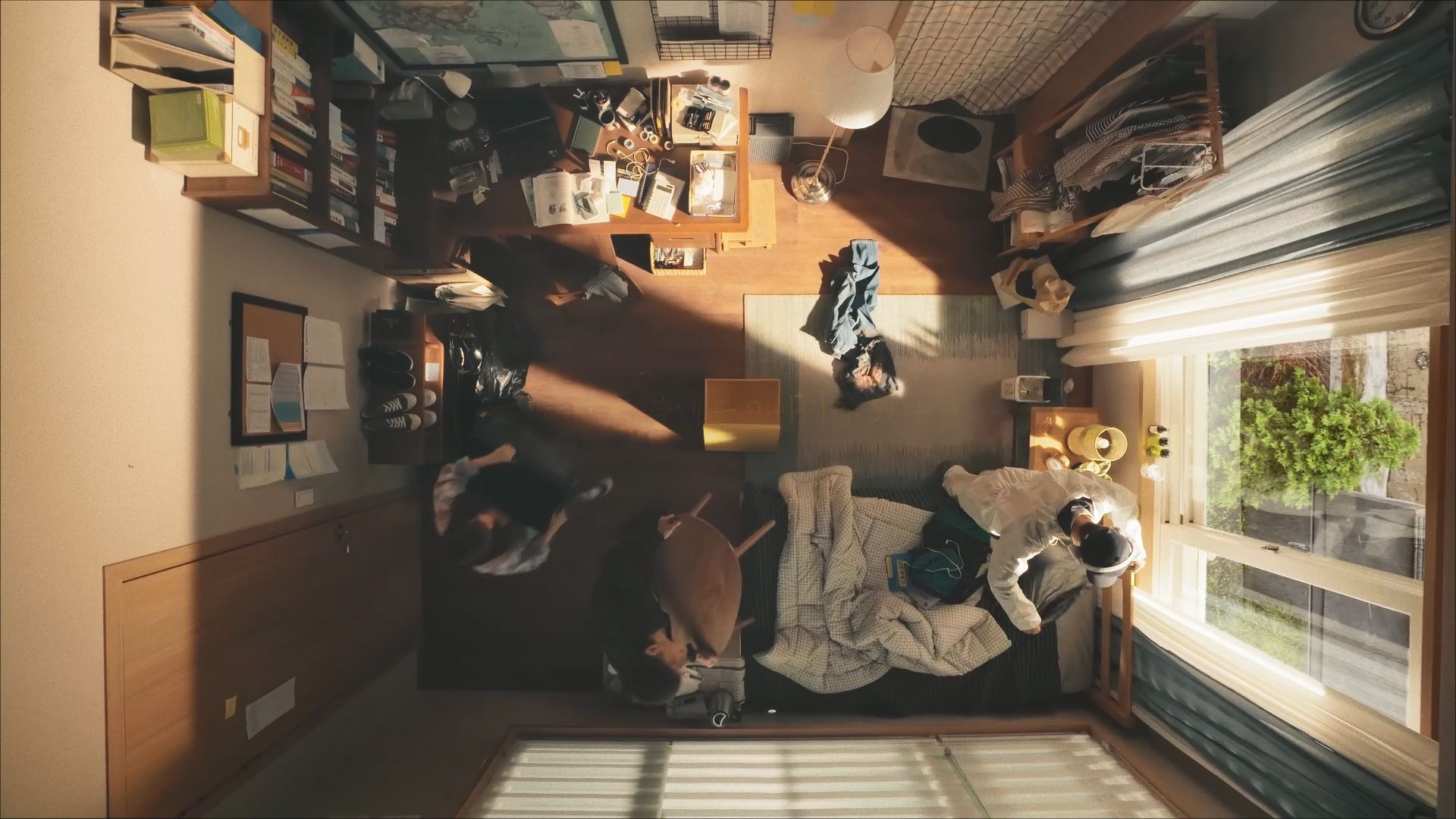
Clothes left unworn, books meticulously curated across the years, gadgets and jewellery, worn-out shoes—all suddenly bereft of their owner.
沒來得及穿的衣服,一絲不茍珍藏多年的書籍,留下的小玩意和首飾,磨損很嚴重的鞋——突然間,它們就沒了主人。
Following the eponymously named 'trauma cleaning’ company, the show takes us into the lives of those who have suddenly passed through the objects they've left behind.
跟隨這家名為“遺物整理,創傷整理”的公司,這部韓劇帶我們走近那些驟然離世的人們,他們的身后之物,究竟想對這世間說什么?
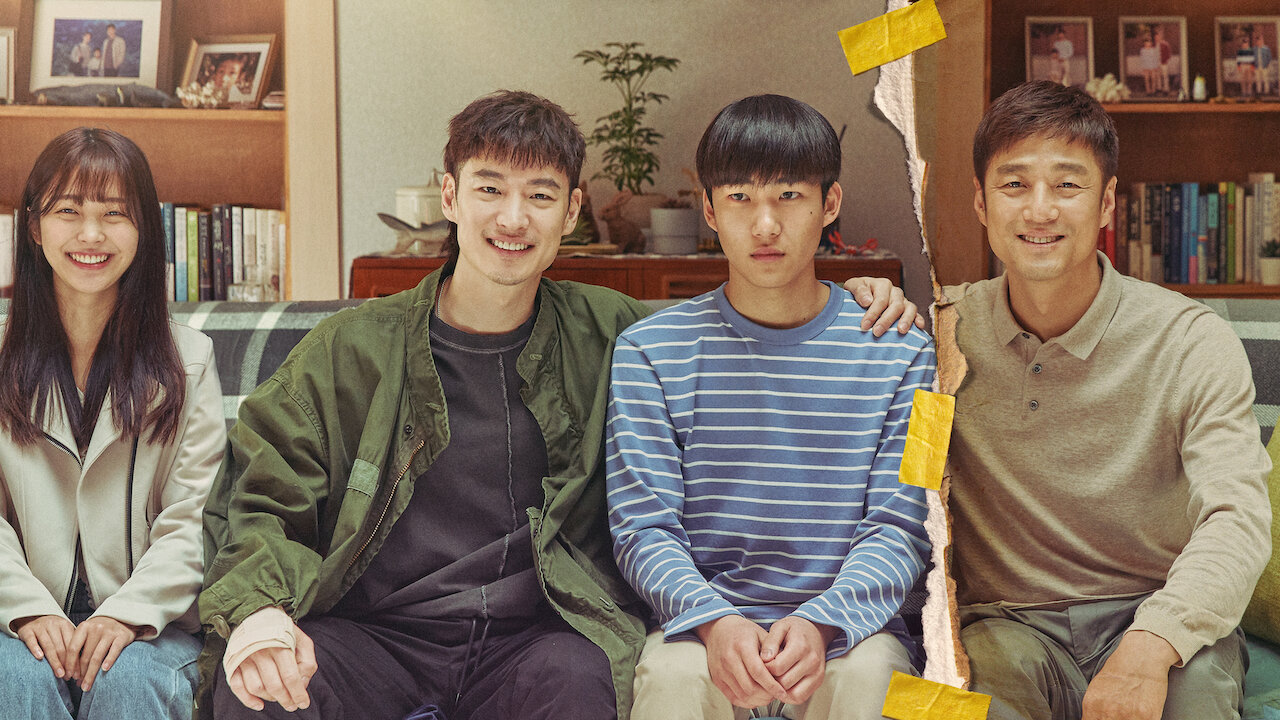
故事的主角,患有阿斯伯格綜合征(Asperger's Syndrome)的20歲少年可魯,擁有過目不忘的記憶力(photographic memory)和極高的智商(high intelligence),他執著于規律刻板的日常(an obsessive penchant for routine),同時感情缺失(difficulty grappling with emotions)。這些特質剛好能讓他成為父親“MOVE TO HEAVEN”遺物整理公司的得力助手。
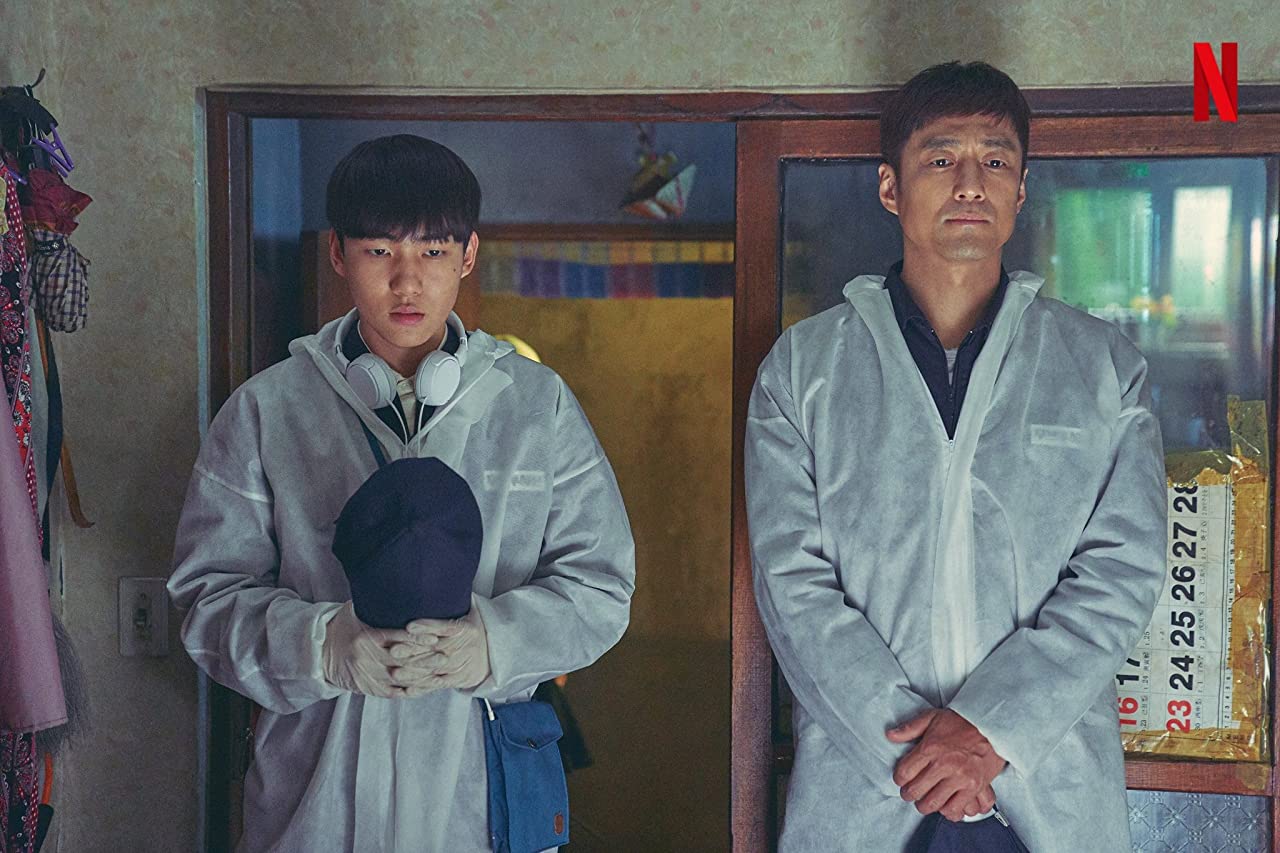
但父親的驟然離世,讓可魯的世界發生了翻天覆地的變化。父親將監護權留給了自己的兄弟——可魯的叔叔尚九(李帝勛飾):前科犯、一臉痞氣、地下拳擊手……這位叔叔的加入又會給這個故事增加什么樣的化學反應?
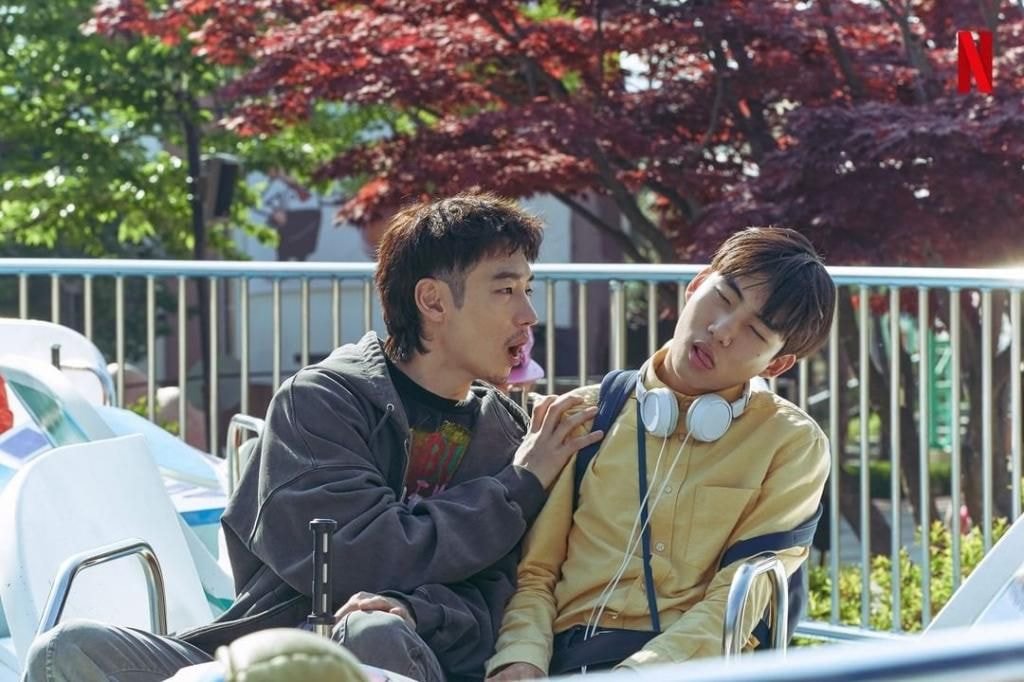
李帝勛在接受媒體采訪時就提到,這個劇本他讀一次哭一次:
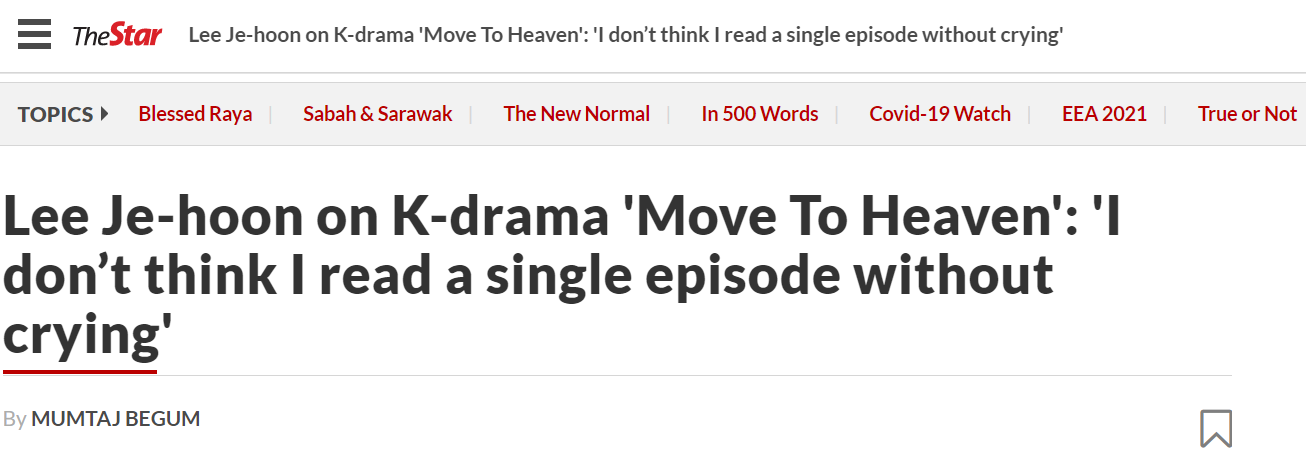
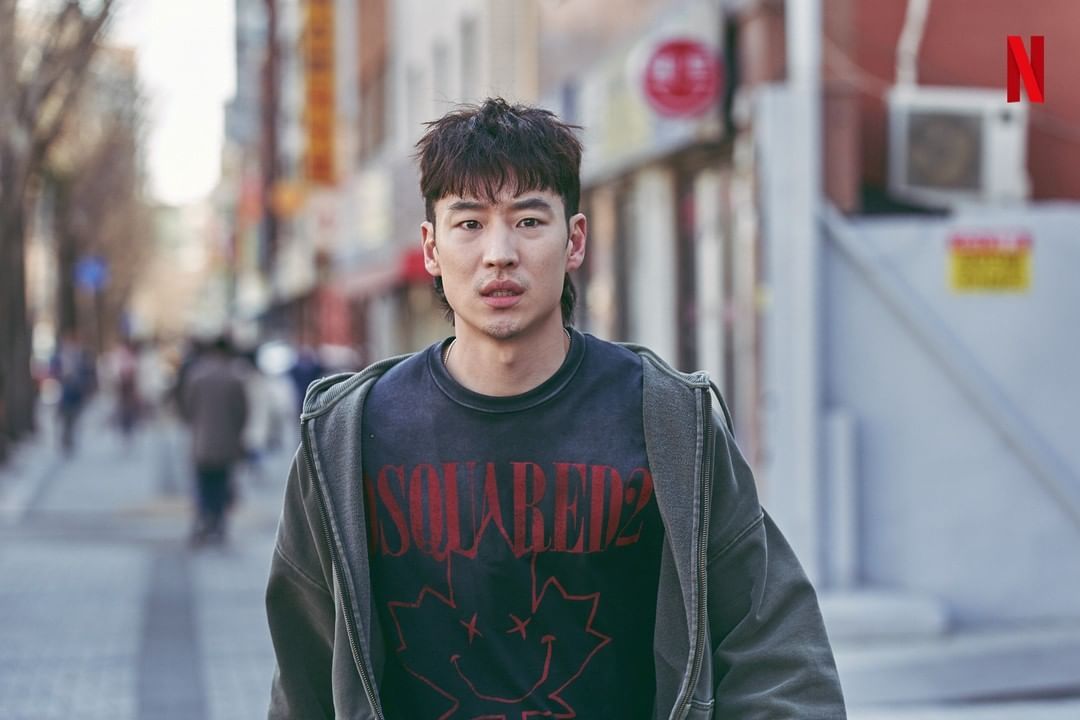
One reason why he wishes Move To Heaven has a larger audience is because he feels the series tells poignant stories within its 10 episodes that are relatable to today’s society, where many people lead solitary lives and ultimately go through lonely deaths.
李帝勛希望這部劇擁有更多的受眾,其中一大原因就是,他覺得這部劇每一集都切中當今社會要害,10集故事,為我們呈現了如今許許多多的人,他們過著孤獨的生活,最終孤獨地走向死亡。
“All of my works are important to me but I think Move To Heaven is really something else, ”
“我的每一部作品對我來說都很重要,但顯然《遺物整理師》是有特別意義的。”
“The disconnection and lack of communication within our society today is prevalent, ”
“當下社會,人與人之間缺乏聯系,缺少交流已經屢見不鮮了。”
“As a member of the modern society, I think these are issues that we should not overlook.”
“作為現代社會的一員,我覺得這些問題需要引起重視了。”
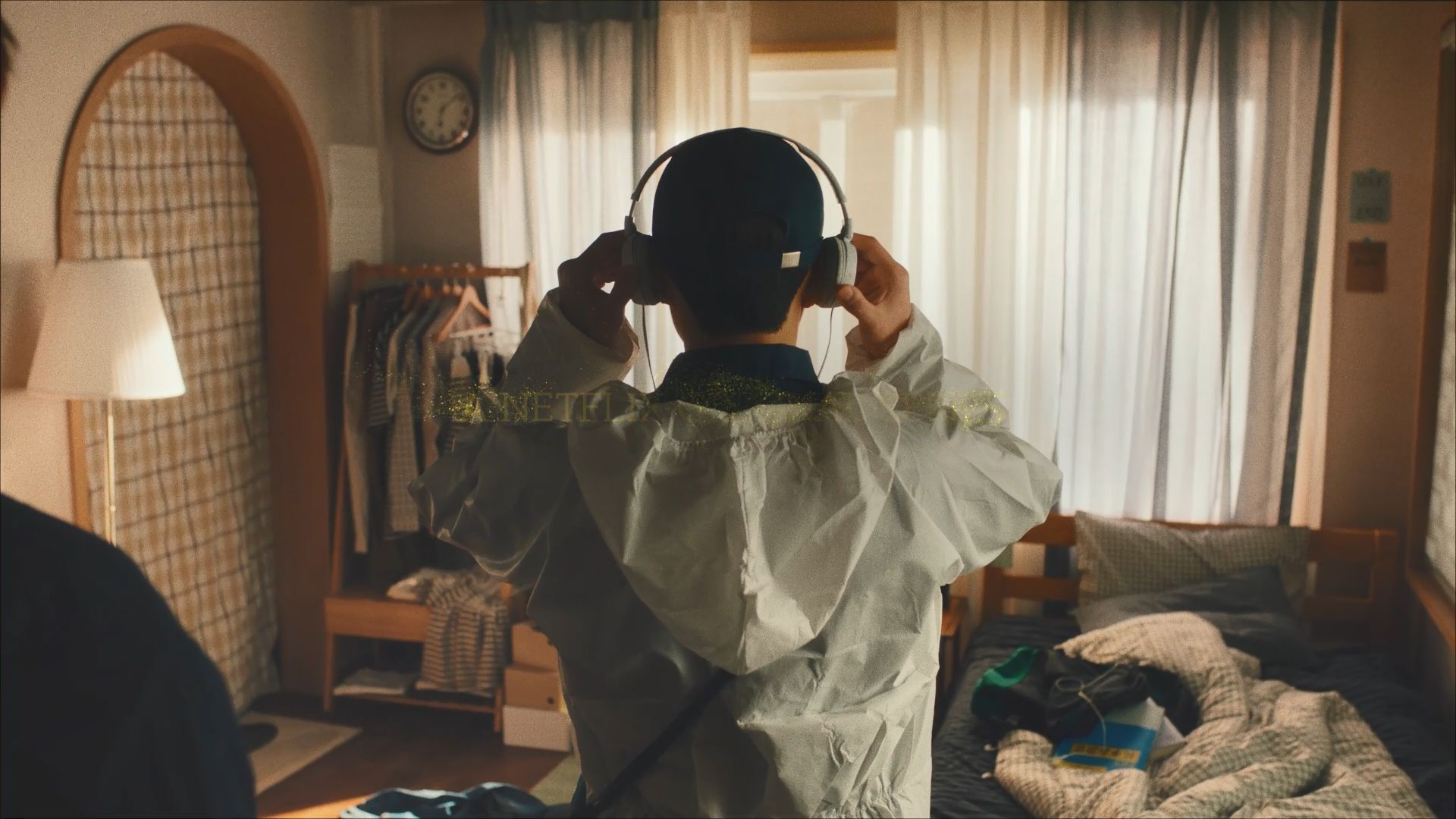
可以說“遺物整理”在這里成為了一面折射社會問題的鏡子,諸多社會問題和現代人的創傷一點點展開在我們面前。
子女不愿踏入獨居老人死后氣味糟糕的房間,只想要老人留下來的錢,而這些錢,是因為患了老年癡呆的母親只記得要給兒子買新的西裝,卻轉頭忘記,一遍遍周而復始的結果……
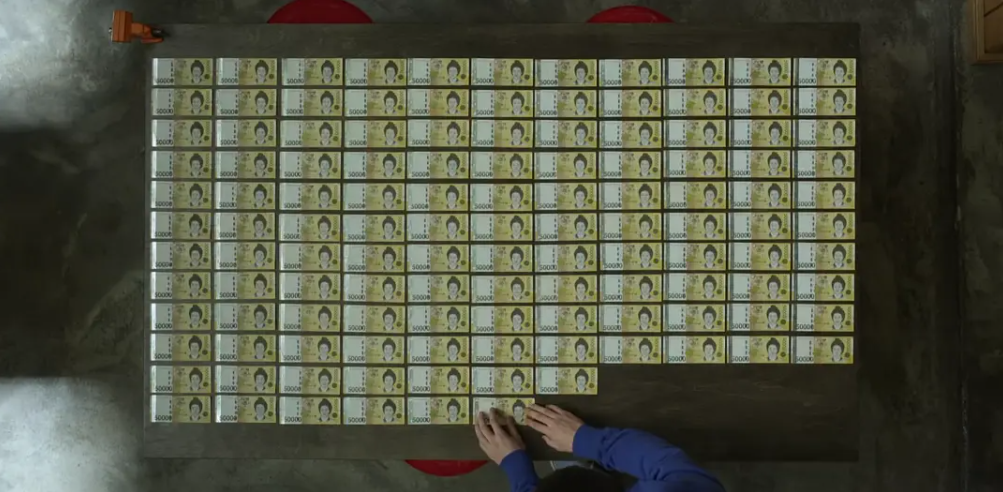
過勞工作的年輕人因為晚上卷入了工作事故,心想明天再去醫院看看吧,誰想沒能挺過腿傷,第二天就死了……
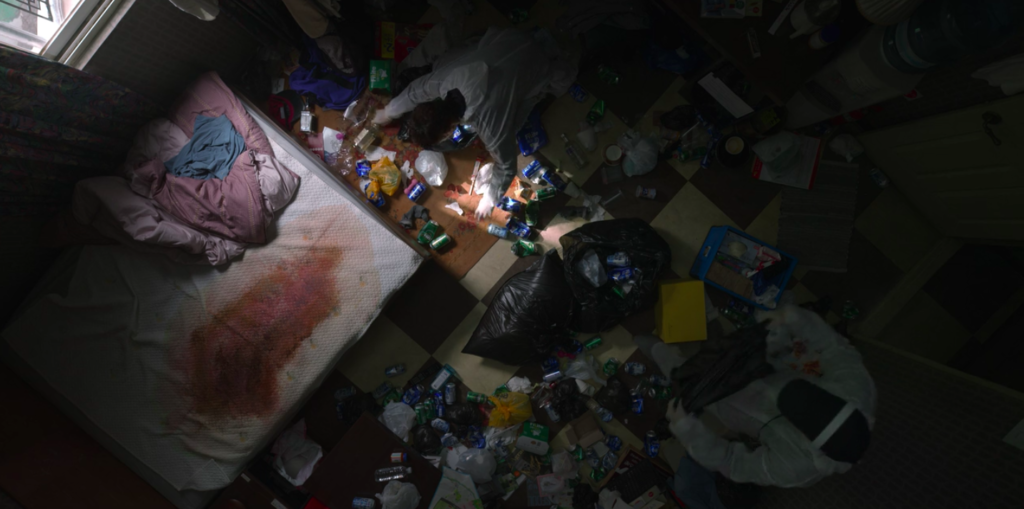
漸漸成為社會邊緣人,老夫妻選擇一起赴死,后院收集了許許多多別人不要的花盆,美好的植物和無限溫暖的夕陽,此時此刻,卻是如此傷感的情形……
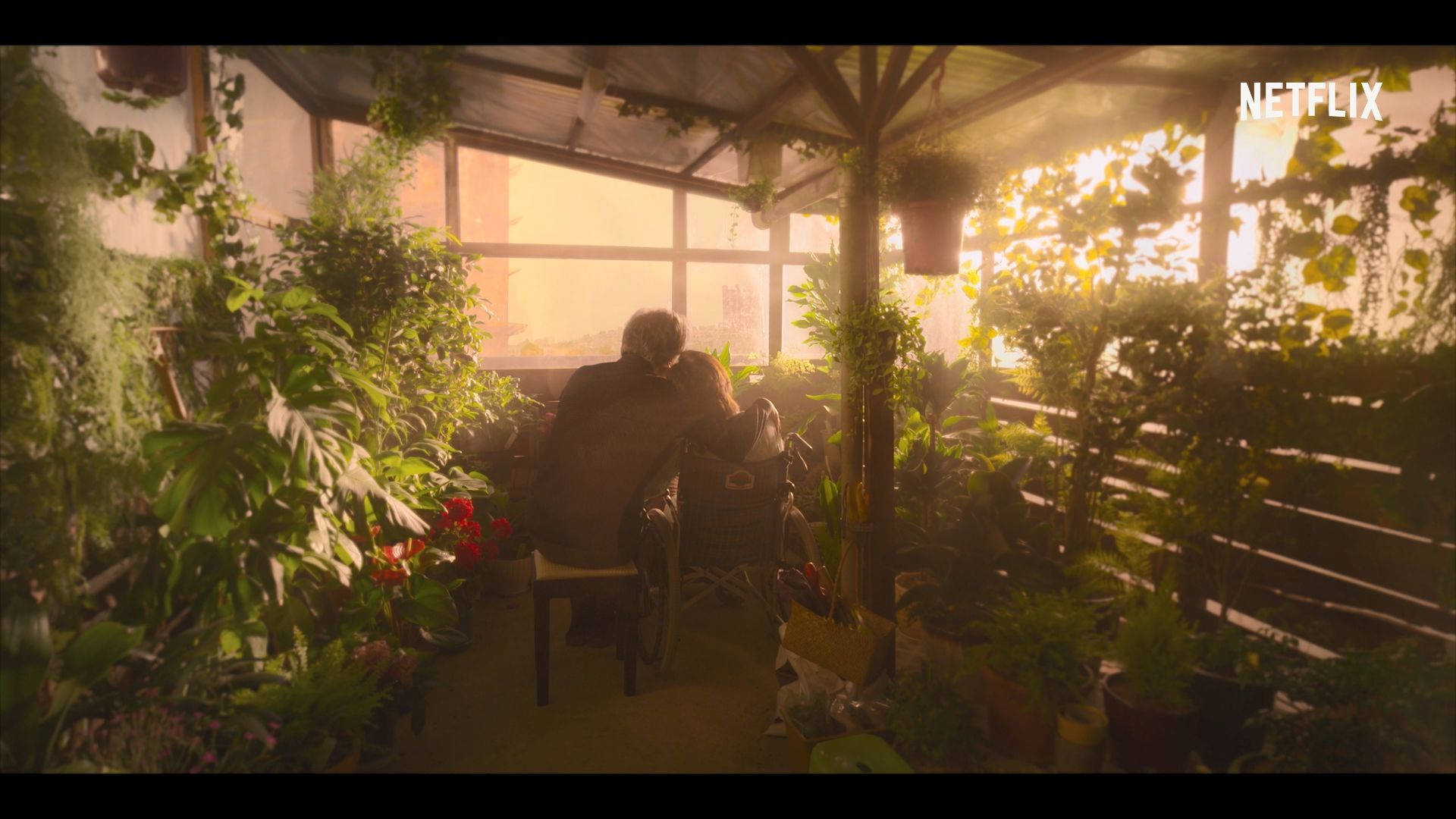
除了揭露社會問題,這部劇還展現了現代社會多元的一面:第五集講述的同性戀人,死去醫生的情書/遺書,簡直堪稱S級的催淚彈:
「在第一次遇見你之后,我萌生了對明天的希望。為了你,我想成為比昨天的自己更勇敢的人。為了你,我不會再卑怯地隱藏。在我死之前,都不會再放開你的手。」
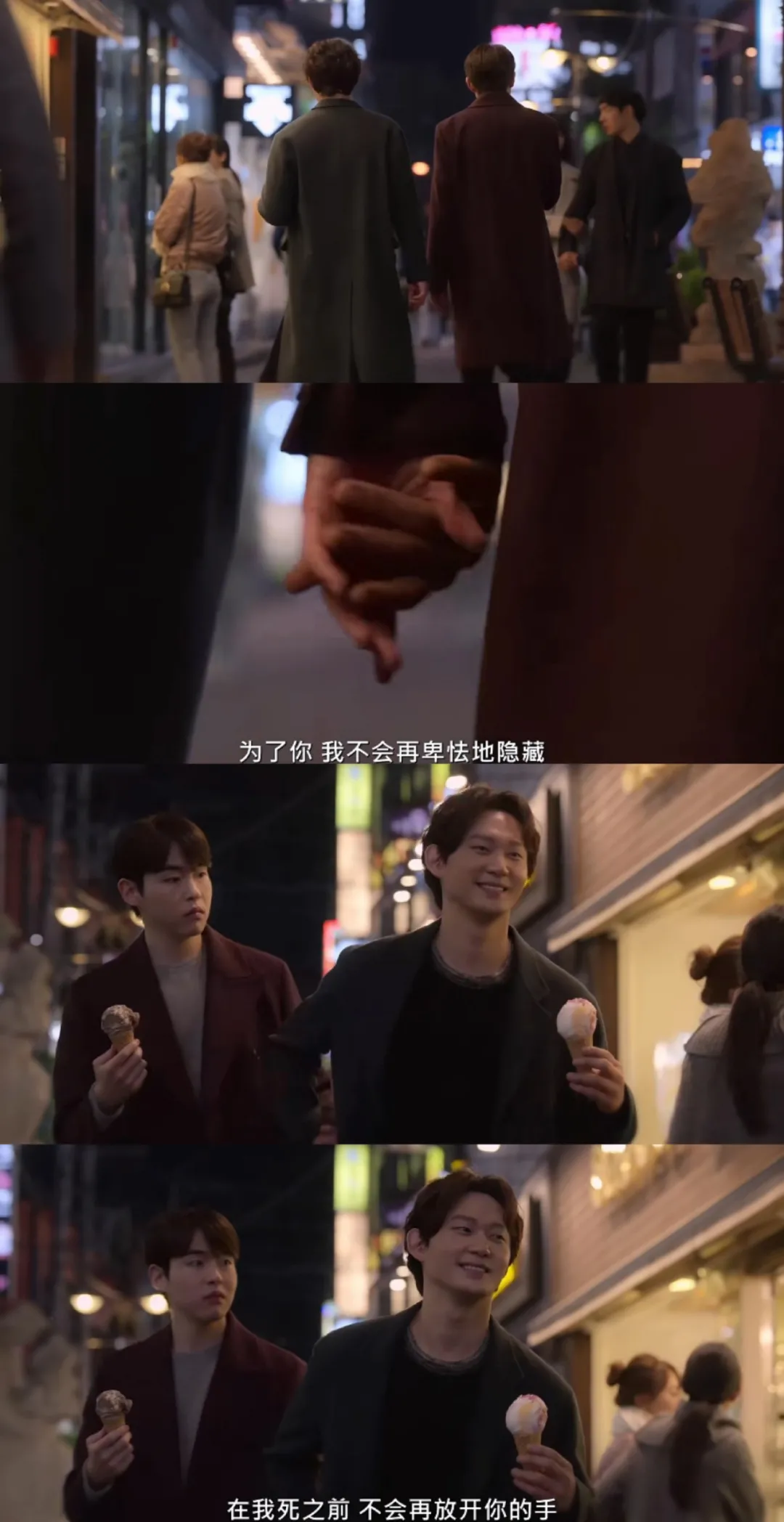
Move to Heaven is able to highlight an even larger array of societal issues like domestic violence and LGBTQ discrimination, and better reinforce the diversity of life—and death—that humans possess.
《遺物整理師》把目光投向了更多的社會性問題,如家暴、同性歧視等,以豐富人生、死亡的多樣性,這也是人性所具有的多樣性。
In fact, celebrating diversity is Move to Heaven’s biggest strength. Through its leads and each of the deceased, the show destigmatizes trauma, and emphasizes that “different” can be beautiful instead of bad.
事實上,贊頌多樣性是《遺物整理師》最大的優勢所在。在一樁樁對于死亡的抽絲剝繭之下,劇集展現了對心靈創傷的去污名化,強調“不同”是美好的,而非“不吉利、避而不及”的。
這部劇的靈感取自韓國作家金璽別的散文集《離開后留下的東西》(Things Left Behind),作家本人就是一名遺物整理師,書中紀錄的正是他工作的所見、所聞。
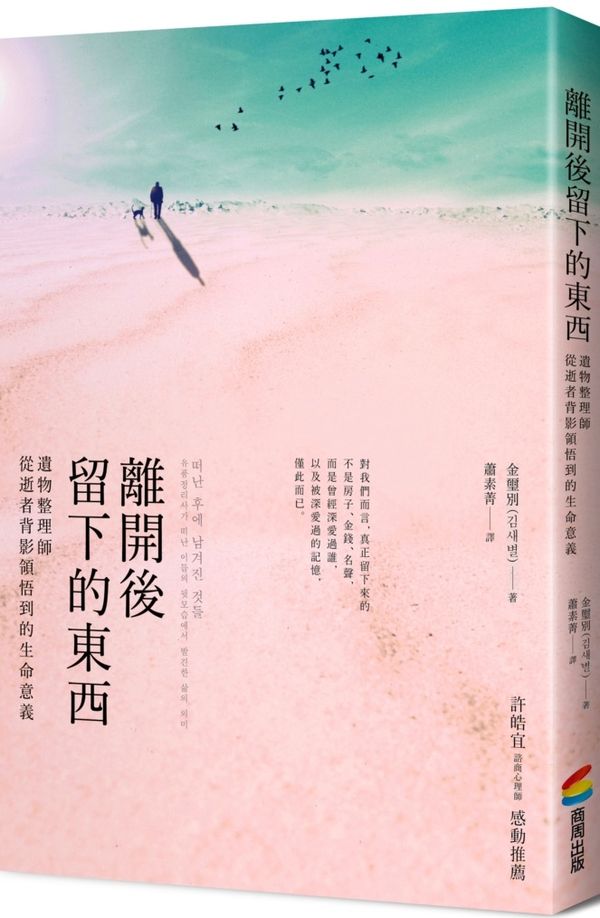
《遺物整理師》就像劇中那個裝下遺物的黃色小盒子,每打開一次,都會發現不同的記憶碎片,它們藏著的點滴故事,溫暖,心痛,又足夠珍貴。
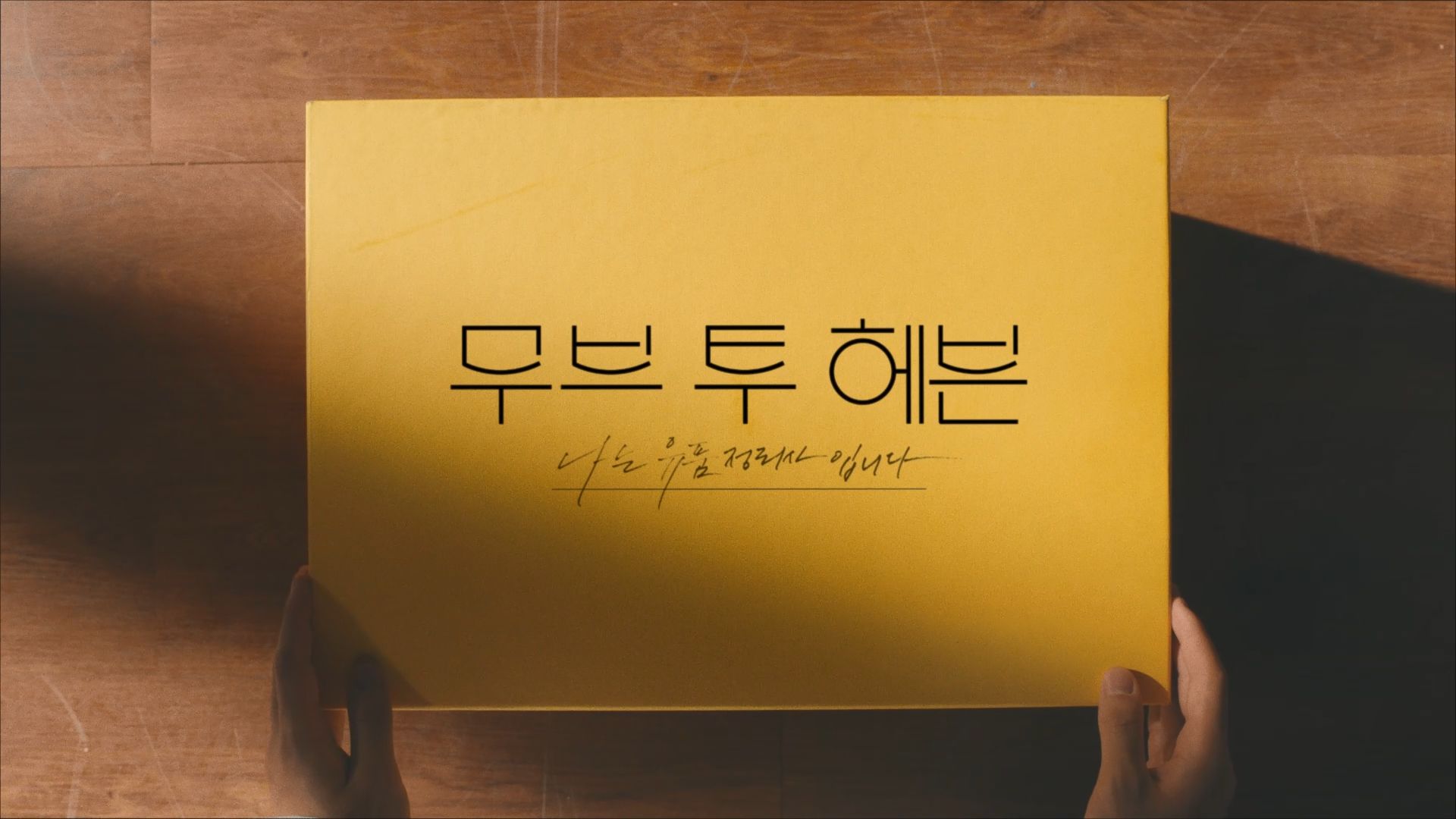
Move to Heaven is a poignant reminder that no one really knows just how to survive after another's last breath. In the ruin of what was left, all we can do is put together pieces of memories we’d never really bothered to safe keep and precisely remember.
《遺物整理師》帶著無奈、心酸,讓我們明白了,沒人真正知道身邊的人離世以后應該如何生存下去。對于這些身后遺物,我們所能做的就是把這些我們從未費心去保存和銘記的記憶碎片拼在一起。
The series is an emotional journey akin to a lonely trip to a park. There you sit alone, staring at those passing by, wondering what lives they lead.
這部劇像一段充滿感情的旅程,就好似獨自一人的公園之旅。在那里,你靜靜地一個人坐著,看著人來人往,想象著他們過著怎樣的生活。
You are met with the realisation that although we are all different people, our experiences are equal parts unique and universal. We all go through loss and joy, and a cycle of inexhaustible hurts, only made truly bearable by those whom we love.
你發現雖然我們是截然不同的人,但我們的人生經歷中都有著獨一無二但又冥冥相似的部分,我們都會經歷失去和歡欣,無止盡般的疼痛,之所以能夠忍受下去,只因為我們所愛的人……
(來源:滬江英語)

















 英語點津微信
英語點津微信 雙語小程序
雙語小程序